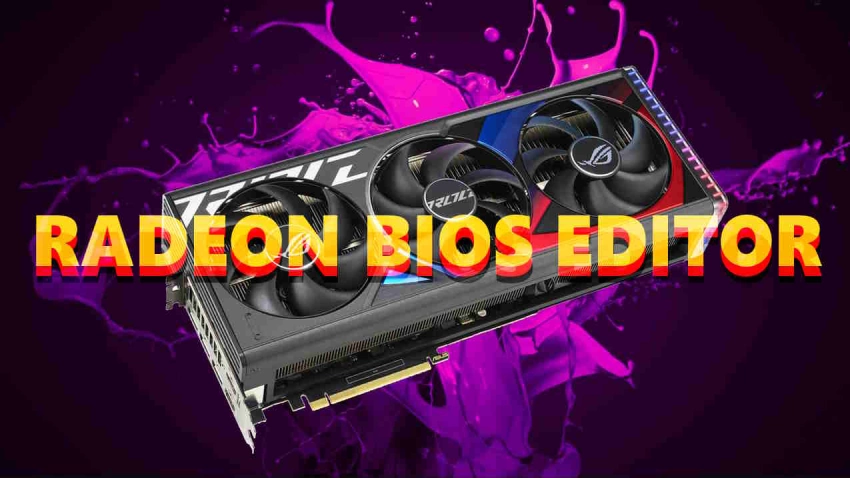Radeon BIOS Editor (RBE) is a specialized software tool designed for modifying the BIOS of AMD/ATI Radeon graphics cards. This utility allows users to edit various parameters of their graphics card's BIOS, including clock speeds, voltage settings, and fan control options.
The program is particularly popular among PC enthusiasts and overclockers who want to optimize their graphics card's performance. RBE provides a user interface that makes it possible to view and modify BIOS settings without direct hex editing, making the process more accessible to users.
However, it's important to note that BIOS modification carries significant risks, including potential damage to the graphics card if done incorrectly. Users should exercise caution and maintain a backup of their original BIOS before making any modifications. The tool is primarily intended for advanced users who understand the implications of BIOS modifications.
RBE supports various AMD/ATI graphics card models, though compatibility may vary depending on the specific version of the software and the graphics card being modified.
| Aspect | Description |
|---|---|
| Full Name | Radeon BIOS Editor (RBE) |
| Type | Graphics Card BIOS Modification Tool |
| Primary Function | Editing and modifying AMD/ATI graphics card BIOS |
| Main Features | • Clock speed modification • Voltage adjustment • Fan speed control • Memory timing adjustment • Power limit modification • Shader clock adjustment |
| Supported Cards | • AMD Radeon Series • ATI Radeon Series • Most AMD/ATI GPUs from HD 2000 to newer series |
| Key Capabilities | • Read GPU BIOS • Save BIOS modifications • Flash modified BIOS • Backup original BIOS • View detailed BIOS information |
| Safety Features | • BIOS backup creation • Validation checks • Warning systems • Recovery options |
| User Interface | • Graphical User Interface (GUI) • Tab-based navigation • Visual representation of settings |
| Technical Requirements | • Windows Operating System • Administrative privileges • Compatible AMD/ATI graphics card • Basic knowledge of GPU parameters |
| Risks | • Potential GPU damage if misused • Warranty void if modified • System instability if incorrect settings • Possible bricking of GPU |
| Benefits | • Performance optimization • Custom GPU settings • Power consumption control • Temperature management • Enhanced overclocking capabilities |
| Common Uses | • Overclocking • Undervolting • Power limit adjustment • Fan curve customization • Performance tuning |
| Safety Precautions | • Always backup original BIOS • Research safe value ranges • Incremental changes only • Monitor temperatures • Have recovery plan |
| Advanced Features | • Hex editor • Memory straps editing • Timing modification • Advanced power states • Custom fan curves |
| Compatibility | • Windows 7/8/10/11 • Most AMD/ATI cards • Various BIOS versions |
| Support Resources | • Online forums • Documentation • User guides • Community support • Troubleshooting guides |
| Best Practices | • Start with small changes • Test stability thoroughly • Monitor temperatures • Keep backup BIOS • Document changes |
| Common Issues | • Flash failures • Compatibility problems • System instability • Boot failures • Performance issues |
| Recovery Options | • Dual BIOS switch • Emergency flash procedures • Recovery tools • Hardware recovery methods |
| Legal Considerations | • Warranty implications • Manufacturer policies • Usage restrictions • Regional regulations |
| Alternative Tools | • ATIFlash • GPU-Z • AMD Overdrive • MSI Afterburner • MorePowerTool |


